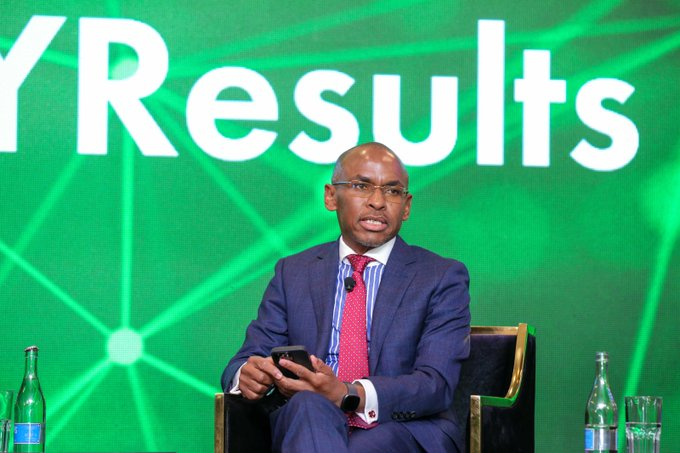We have covered a lot about the merger deal between Airtel and Telkom Kenya. The two carriers, which are cannibalized by Safaricom by market share and revenues, have been pursuing an agreement to combine their mobile, enterprise and carrier services in the country to create an entity with a robust reach, efficiency, and strategic brand presence. The plan has, however, not progressed as expected having been revealed in early 2019.
A few months ago, the Communications Authority of Kenya (CA) expressed intent to okay the merger, signaling the conclusion of the exercise, but it did not happen as projected. Following the CA’s hint, Telkom Kenya issued a notice of redundancy for 575 of its workers, who would then get a soft landing by applying for new positions upon the creation of the Airtel-Telkom group.
A couple of days later, the EACC started investigating the deal, having been apprised of corruption issues: a few years ago, the Treasury had issued a loan to Telkom Kenya, which it converted to equity when the carrier was purchased by Helios. The transaction saw the then Orange Kenya rebrand to Telkom. It is said Treasury’s share in the telco was not transparent, hence the probe.
Of course, the transaction had to be halted. Telkom CEO Mugo Kibati noted that EACC’s inquiry was not going to affect the process, and assured the public the deal would be done before the year ends. In today’s press event with the media, Mugo faulted the inquest as a stumbling block to an otherwise good cause.
“This investigation now impacts the progress of the intended Transaction, as the requisite regulatory bodies have since put a pause on the approval process. Further delay to the approval of this proposed Transaction could find Kenya staring at the potential reversion of the telco sector into a monopoly, impacting negatively on the welfare of the consumer and the economy,” says Mugo Kibati.
Safaricom interference
During the media meet, it emerged that Safaricom had written to the CA to stop the transaction, citing unnamed concerns that it wanted to be addressed first. Telkom CEO is not happy with the meddling because the merger is positioned to improve its operations.
“It is unfortunate, however, that Safaricom now wants to delay this process that seeks to provide customers with more credible options. Does the dominant player not want to see this sector grow? Is the Dominant player wary of competition, and even more precisely, wary of competitive pricing, choice and value for money for the consumer?” asked Mugo Kibati.
“It is also unfortunate that the dominant player appears bent on denying Kenyans the chance to still enjoy the benefits brought by an alternative player, therefore choice. The presence of a strong second player is bound to give Kenyans value for their money,” concluded Mugo.






























